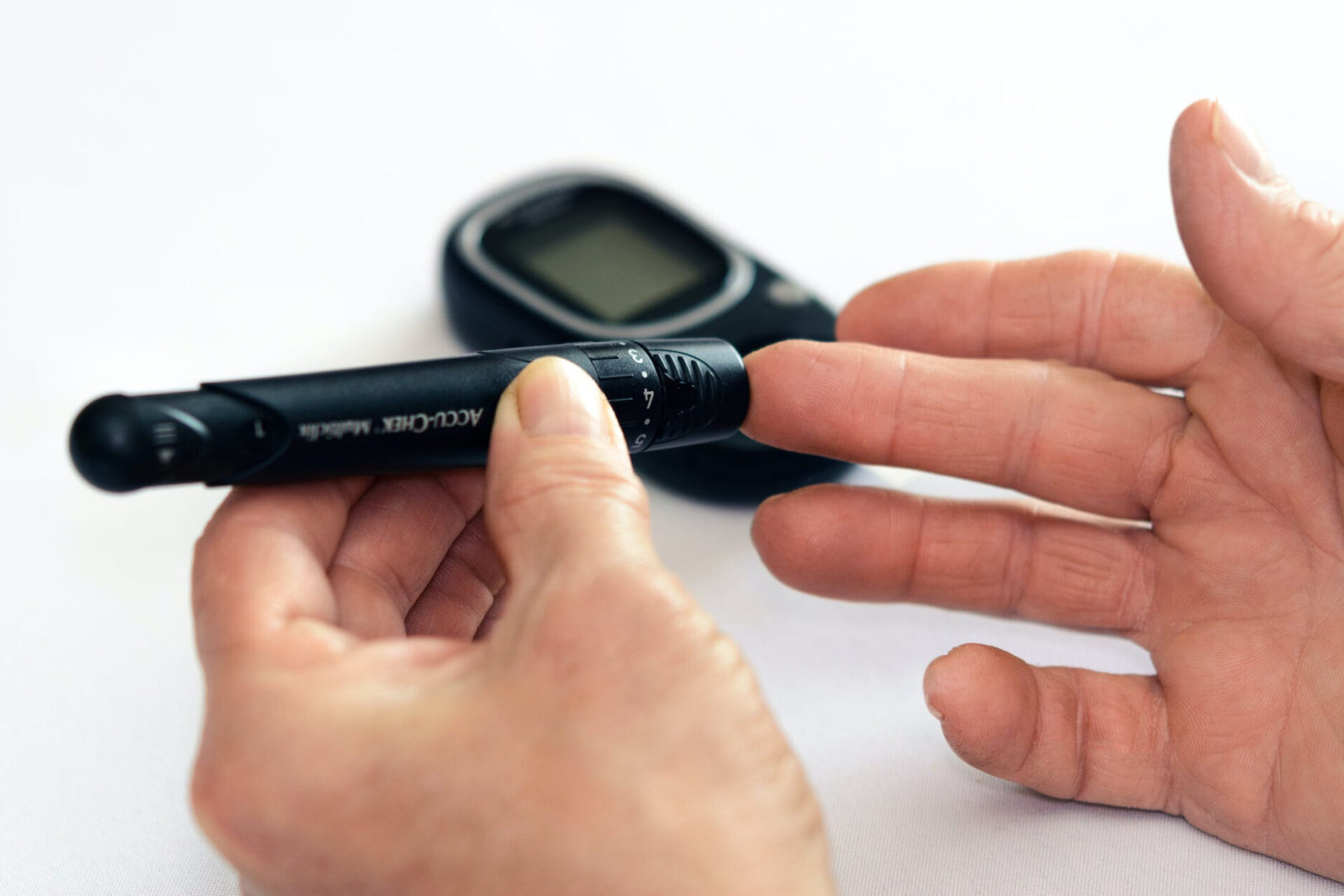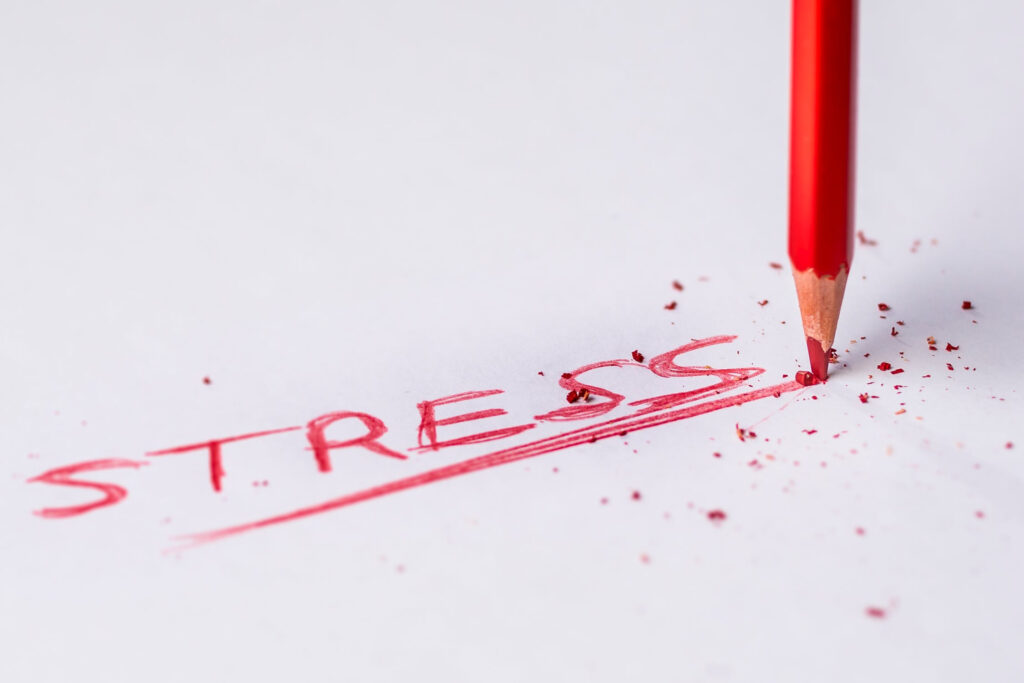Blood pressure is an important indicator of your overall health. Monitoring blood pressure can help keep you aware of changes you need to make in your daily habits, it can save you (or your government, depending on where you live) thousands of dollars in medical expenses, and help you prevent life-threatening diseases.
What Is Blood Pressure?
Blood pressure is the force of your blood pressing against your arteries. When you visit a doctor and your blood pressure is measured you are given two numbers.The first number is the pressure of your heart contracting and pushing out blood. This is called your systolic blood pressure. The second number is the pressure when your heart relaxes and fills with blood. This is called your diastolic blood pressure. Normal blood pressure for healthy adults is 120 systolic pressure and 80 diastolic pressure.
Why Is Blood Pressure Important?
High blood pressure, also called hypertension, is sometimes called the silent killer because often there are no symptoms at all.
If high blood pressure isn’t managed with healthy lifestyle choices and medical treatment, it can lead to serious health conditions including:
- Vision loss
- Kidney failure
- Heart attack
- Stroke
- Shortness of breath during mild physical activities
- Aneurysm
- Heart failure
- Dementia
- Metabolic Syndrome
- Difficulty remembering or understanding concepts and events
Low blood pressure, also called hypotension, can result in you feeling dizzy, weak, light-headed, or even faint.
How Can Monitoring Your Blood Pressure Help?
Being aware of your blood pressure can let you know if medical intervention or changes in your daily habits are needed. It can also let you know if the changes you have already implemented are having a positive effect.

As mentioned above, high blood pressure often has no symptoms. It can take as long at 10 or 15 years for complications to arise, meaning if someone has high blood pressure in their 30s, they risk severe health conditions in their 40s and 50s. Without monitoring their blood pressure, they won’t be aware of the danger until it is too late.
If a person waits until the conditions arise, they’ve missed a critical opportunity to address the causes of their high blood pressure and seek medical treatment. Because of this, early intervention is critical.
There Are Several Factors That Increase Your Risk Of Hypertension
There are many factors that increase your risk of hypertension. If these apply to you, being aware of your blood pressure is even more crucial. These factors include:
- Experiencing consistent stress
- Being overweight or obese
- Smoking cigarettes
- Minimal or no exercise
- Too much sodium in your diet
- Too little potassium in your diet
- Drinking too much alcohol
Certain medical conditions can also increase your risk for high blood pressure including sleep apnea, diabetes, and kidney disease. Pregnancy as well can contribute to high blood pressure. In addition, high blood pressure runs in families. If your parents or grandparents experienced hypertension, it is even more important for you to keep an eye on your blood pressure.
What Does Monitoring Your Blood Pressure Look Like?
Keeping track of your blood pressure does not mean having it measured once or twice per year. Understanding how your blood pressure changes from day to day is important. (Ideally, you want to check it at the same time each day to make patterns more clear.)
When measuring your blood pressure:
- You will want to avoid exercise for an hour before measuring.
- You will also want to avoid smoking, drinking alcohol, or drinking coffee for thirty minutes before you measure.
- For the most accurate measurement, you will want to sit quietly and relax for ten to fifteen minutes beforehand.
- You will want to sit with your feet flat on the floor (not cross-legged) and, ideally, set your arm on a table at heart level.
There are two common ways of having your blood pressure monitored.
- Visit your doctor or health care practitioner. No matter what stage of life you are in or what state of health you are in, regular check-ups are an integral part of living a long and healthy life.
- Invest in a home blood pressure monitor. For daily blood pressure check-ins, you can use a device in your home. This can help you determine if the changes you are making in your life are having a positive or negative effect on your blood pressure.
What Do You Need To Consider When Looking For An At-Home Blood Pressure Monitor
There are countless blood pressure monitors available on the market, each with different features. Some are digital, some are analog. Typically, digital monitors are more user friendly. For a detailed list of the top monitors of 2020 and a breakdown of their distinctions, have a look at these machines.
Blood pressure is an aspect of your overall well being that should not be ignored. Hypertension is something that, when discovered early, can be addressed with lifestyle changes and medical intervention. Learning more about yourself and your particular blood pressure can have a lasting impact on your health for years to come.

